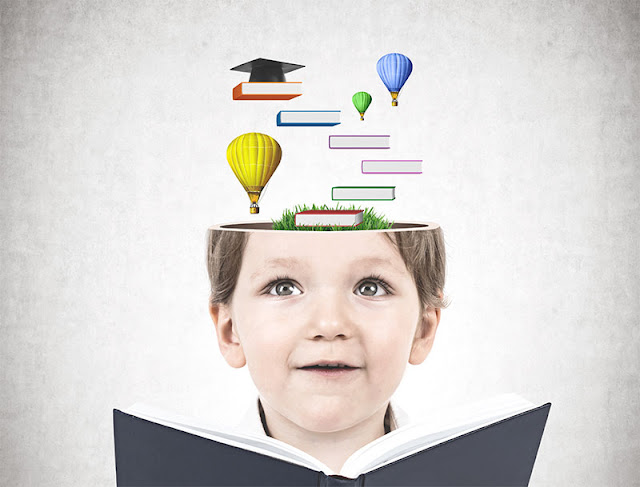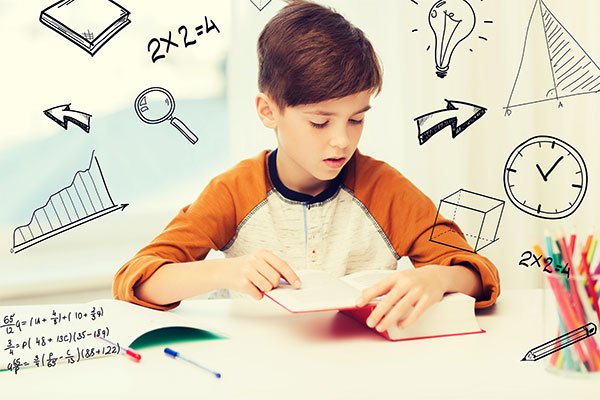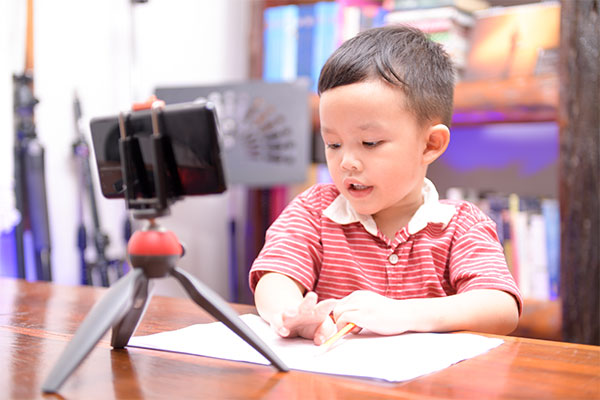In today's rapidly evolving world, fostering a culture of continuous learning is essential for children to thrive and succeed. As a child development expert, I understand the significance of providing effective strategies that promote ongoing education and skill development. In this comprehensive article, we will explore various practical and innovative strategies for continuous learning for kids, emphasizing the importance of lifelong curiosity and growth.
Introduction: Embracing Lifelong Learning
Imagine a world where every child possesses the tools and mindset to embrace lifelong learning—a journey of constant exploration, discovery, and personal growth. The concept of continuous learning goes beyond traditional classrooms; it encompasses a holistic approach to education that nurtures curiosity, adaptability, and resilience in children.
Why are strategies for continuous learning for kids so crucial in today's context? The answer lies in preparing our children for a future that demands flexibility and continuous skill development. Let us delve deeper into this important topic and explore effective strategies to foster a love for learning that lasts a lifetime.
Visit: tips to create productive homework environment
The Benefits of Continuous Learning for Kids
Before delving into specific strategies, it's important to understand why continuous learning is vital for children's development:
1. Adaptability: Continuous learning equips children with the ability to adapt to new situations, challenges, and technologies.
2. Problem-Solving Skills: Ongoing education fosters critical thinking and problem-solving abilities, essential for navigating complex issues.
3. Creativity and Innovation: Encouraging continuous learning nurtures creativity and innovation, enabling children to think outside the box.
4. Self-Confidence: Learning new skills boosts self-esteem and confidence in children, empowering them to take on new challenges.
5. Resilience: The ability to continuously learn fosters resilience, enabling children to bounce back from setbacks and failures. Experience the joy of watching your child blossom into a well-rounded individual with character and charm. An expert run course for personality development for kids focuses on nurturing positive traits and fostering personal growth.
These benefits highlight the transformative impact of continuous learning on children's personal and academic growth.
Strategies for Implementing Continuous Learning
Now, let's explore effective strategies that parents, educators, and caregivers can implement to promote continuous learning for kids:
1. Create a Stimulating Learning Environment
- Set up a Learning Corner: Designate a specific area in your home or classroom dedicated to reading, creative activities, and exploration.
- Provide Educational Resources: Fill the environment with age-appropriate books, puzzles, educational toys, and art supplies to encourage independent learning.
- Utilize Technology Wisely: Integrate educational apps, interactive websites, and educational videos that align with children's interests and learning goals.
Visit: tips to develop compassion
2. Encourage Curiosity and Exploration
- Ask Thought-Provoking Questions: Encourage children to ask questions and explore topics that pique their curiosity.
- Support Hands-On Learning: Engage children in hands-on activities such as gardening, cooking, or science experiments to foster a love for learning through exploration.
- Field Trips and Experiential Learning: Organize visits to museums, nature parks, or local businesses to provide real-world learning experiences.
3. Foster a Growth Mindset
- Emphasize Effort and Persistence: Teach children that intelligence and skills can be developed through dedication and effort.
- Celebrate Mistakes as Learning Opportunities: Encourage children to view mistakes as natural parts of the learning process rather than failures.
- Set Achievable Goals: Help children set realistic goals and celebrate their progress along the way to instill a growth mindset. Transform your shy child into a confident superstar with tailored personality development classes. The mentors provide the tools and support needed for your child to thrive in social settings and beyond.
4. Promote Self-Directed Learning
- Offer Choice and Autonomy: Allow children to choose their learning activities and explore topics of interest independently.
- Encourage Reading Habit: Foster a love for reading by providing a variety of books and allowing children to select their reading material.
- Create Learning Journals: Encourage children to maintain learning journals or portfolios to track their progress and reflect on their experiences.
5. Emphasize Continuous Learning in Daily Routines
- Integrate Learning into Daily Activities: Find opportunities for learning in everyday tasks such as grocery shopping, cooking, or budgeting.
- Use Mealtime Discussions: Engage in meaningful conversations during meals, discussing current events, science topics, or personal experiences.
- Family Learning Projects: Initiate family projects that involve research, problem-solving, and creativity, fostering collaboration and continuous learning.
Visit: top personality skills for growth
Conclusion: Cultivating a Lifelong Love for Learning
In conclusion, strategies for continuous learning for kids are instrumental in shaping well-rounded individuals equipped for success in an ever-changing world. By creating a stimulating learning environment, fostering curiosity and exploration, promoting a growth mindset, encouraging self-directed learning, and integrating learning into daily routines, we empower children to embrace lifelong learning with enthusiasm and confidence.
Remember, the journey of continuous learning begins at home and extends to schools and communities. As parents, educators, and caregivers, let us commit to implementing these strategies and nurturing a generation of curious, adaptable, and resilient lifelong learners.
Together, we can inspire a love for learning that transcends boundaries and empowers children to thrive in all aspects of life.
Strategies for Continuous Learning for Kids—because every child deserves the opportunity to grow, learn, and succeed throughout their lifetime.



No comments:
Post a Comment